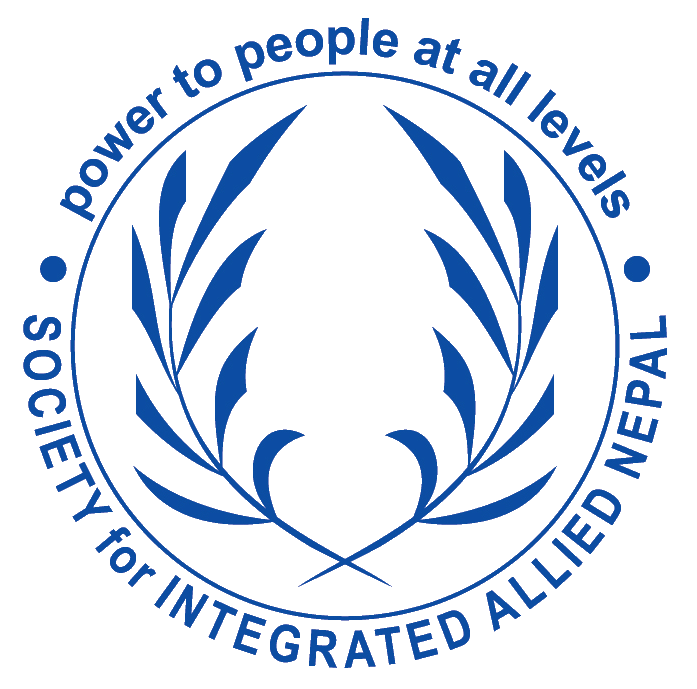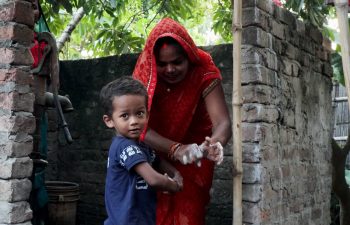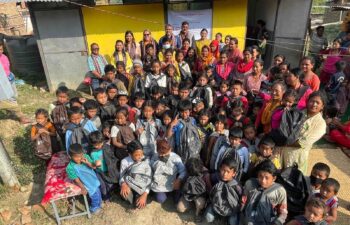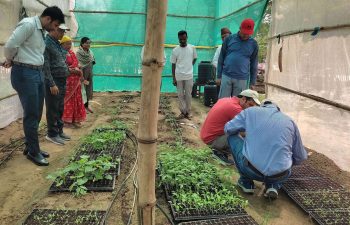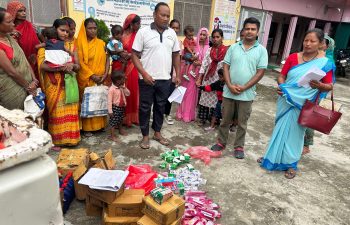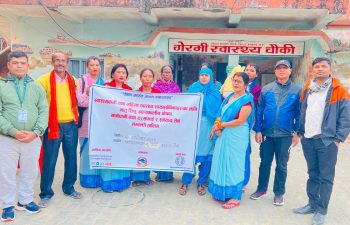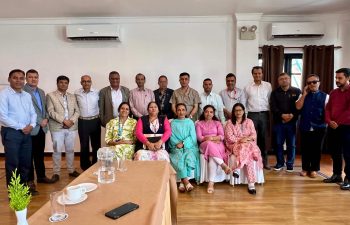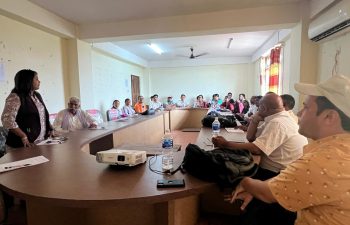Thematic Area

Thematic Areas
Child rights governance and child protection
Engaging in advocacy to influence policy development and implementation
Education
SIAN in Nepal play a vital complementary role to government efforts in the education sector
Agriculture, Livelihood, Food security and Economic development
SIAN plays a transformative role by implementing integrated programs
Water Sanitation and Hygiene (WASH)
SIAN play a pivotal role in Nepal's WASH sector by complementing government efforts
Health and Nutrition
SIAN in Nepal plays a vital role in complementing government efforts and addressing specific gaps
DRR/CC (Mitigation and Adaptation)
Advancing DRR and CC initiatives by implementing community-based programs
